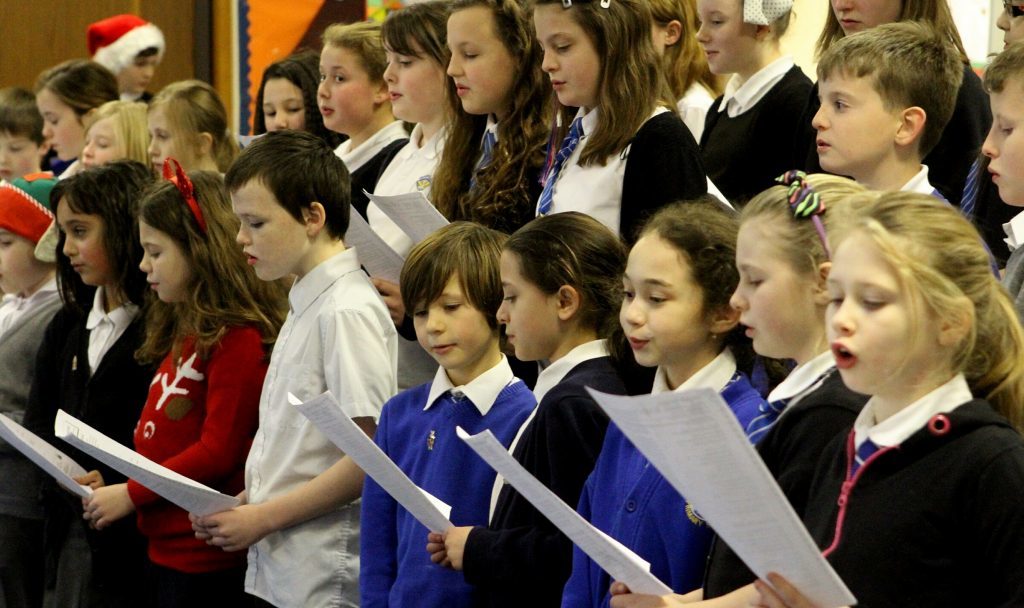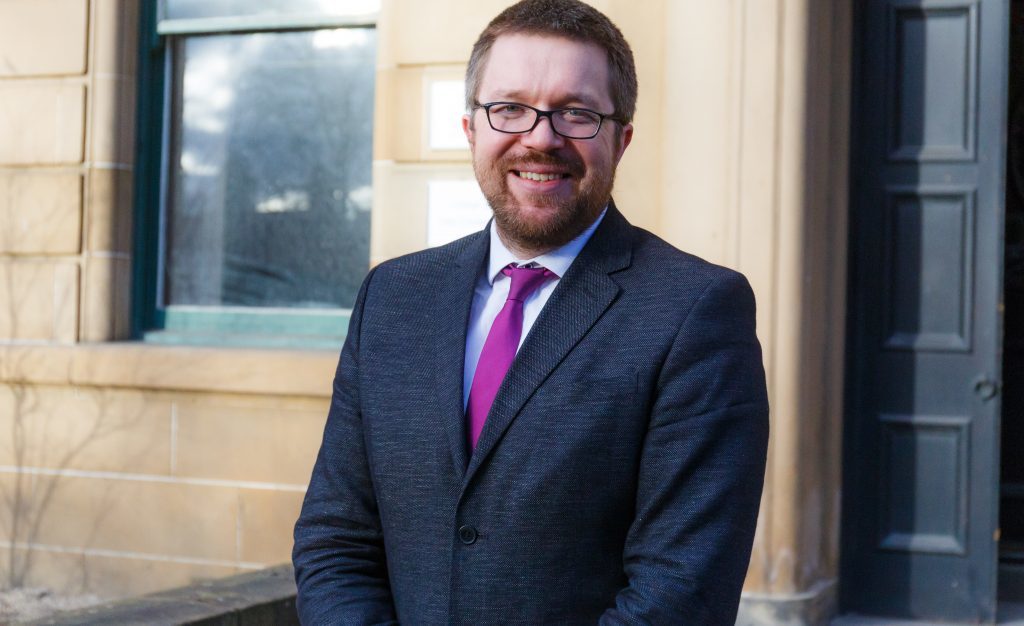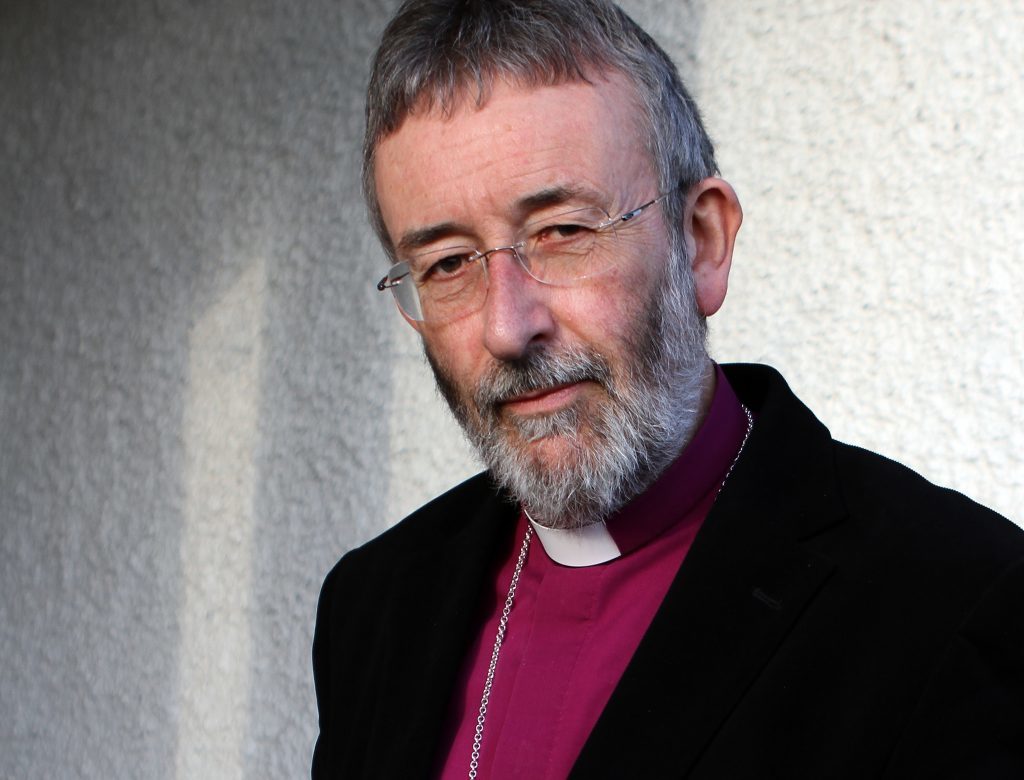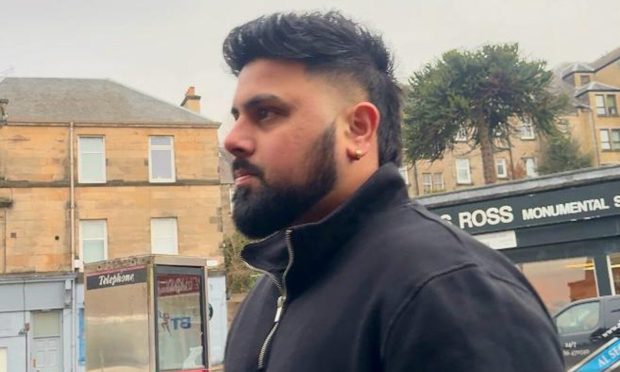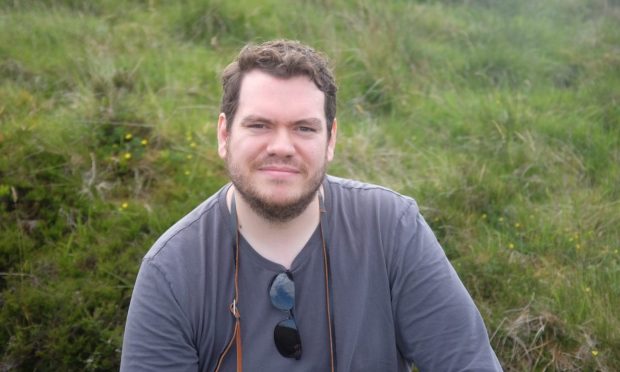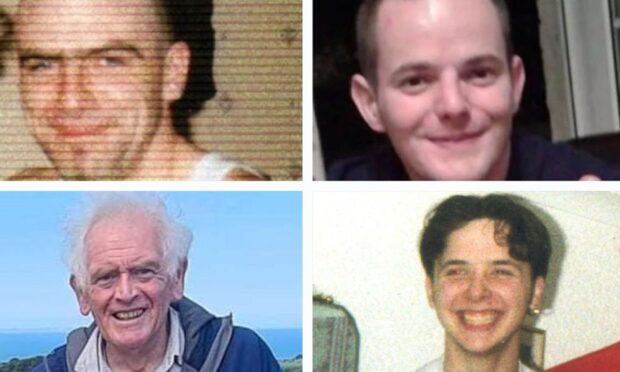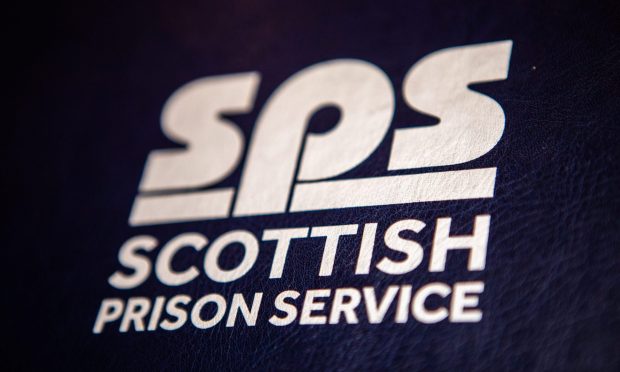Should young people be able to opt out of religious observance in schools, or is religious literacy vital to avoid radicalisation and intolerance? As the Scottish Government’s position on religious observance is challenged by humanists, MICHAEL ALEXANDER looks at the arguments for and against change.
Anyone who went to school in the 1980’s will recall that it was still common for children in non-denominational schools to start the day with the Lord’s Prayer, sing hymns at assembly and attend a church service at the end of term.
Schools today tend to take a very different approach with ‘times for reflection’ designed to be inclusive of children from all faiths and none.
But whilst the Education (Scotland) Act 1980 continues to impose a statutory duty on all local authorities to provide religious education and religious observance in Scottish schools for children up to the age of 18, is it time for further change?
The Humanist Society Scotland (HSS) thinks so. It has launched a legal challenge in a bid to overturn the Scottish Government’s ban on older pupils deciding to opt out of religious observance in school.
Permission
In June a United Nations committee called on the government to change its guidelines.
All children in Scotland need parental permission to withdraw from religious activities like assemblies.
But sixth form students in England and Wales, normally aged between 16 and 18, have the right to make their own decision about opting out.
Now the HSS is seeking a judicial review of the Scottish Government’s position and has submitted legal papers to the Court of Session.
It claims the Scottish Government “potentially acted unlawfully” when it dismissed the recommendation from the United Nations Children’s Rights Committee that laws requiring compulsory attendance at religious worship are scrapped.
HSS Chief Executive Gordon MacRae, 38, told The Courier that the HSS had taken action after seeking expert legal advice. A report funded by the HSS recently highlighted the increased role of religion in Scottish education, despite increased secularisation of other areas of public life.
With 14,000 members across Scotland, the HSS, which provides non-religious ceremonies and campaigns for a secular state, believes the position breaches the Scottish Government’s responsibilities under the Articles 8, 9 and 14 of the European Convention on Human Rights.
Mr MacRae, who has experience working in the charities sector, said: “Today in Scotland young people are trusted to get married, join the army and vote in elections and for the constitutional future of Scotland.
“However, Scottish Ministers still do not trust them to make their own decisions about attending religious observance or to give young people the same rights as those living in England and Wales.
Listen
“For some time now Humanist Society Scotland has been calling on the Scottish Government to update its policy on religious observance.
“I had hoped that if they would not listen to us then at least they would listen to the United Nations Children’s Rights Committee.
“We have worked with a number of organisations and individuals over the years to seek to reform religious observance, most notably the Church of Scotland in 2014, with whom we issued a joint call for reform.
“Sadly our efforts to seek progressive reform of this out dated requirement of Scottish education has failed. The Scottish Government’s policy on religious observance is a mess. A classic political fudge. Our young people deserve better.”
However, a different view is taken by the Rt Rev Dr Nigel Peyton, who is the Bishop of Brechin of the Scottish Episcopal Church, and a regular Courier columnist.
Rev Peyton said: “There may be an inconsistency here in what 16 to 18-year olds are allowed to do compared with elsewhere in the UK. Perhaps a well-intentioned Scottish Government is confusing the ends with the means.
“But let’s be clear, the Humanist Society alongside the British Secular Society are not really keen on religious observance or faith schools and hold strong views about religious and moral education in general.
“Yet religious education remains as important for young people at school and in college as in previous generations.
“I believe that religious literacy is a public good and absolutely vital today. Religious illiteracy can fuel radicalisation and intolerance and world events in recent years have shown us the disastrous consequences.
Enriching
“So knowing something accurate about Christianity and Islam and other world faiths, as well as Humanism and No Religion – as it is now called – is therefore enriching for young adults.
“Understanding the place of spirituality and faith in society past and present is important. It is a crucial part of the contemporary diversity and equality agenda, along with learning to make good personal choices.”
A spokeswoman for the Scottish Government said: “Religious and moral education enables children and young people to explore, debate and more importantly understand the world’s major religions – as well as approaches to living independent of belief.
“Religious observance is a whole school activity which should be sensitive to traditions and origins, and should seek to reflect these but it must equally be sensitive to individual beliefs, whether these come from a faith or non-faith perspective.
“We encourage schools to discuss options with both parents and their children, particularly in the senior years.”
